Acupuncture or Dry Needling?
Most of us have heard of, and may have even already tried acupuncture. Less of us have heard of dry needling. Read on to find out what the difference between them is, how it works, what it feels like and more.
What is the difference?
Lets start with acupuncture. Traditional acupuncture originated in China and has been around for over 2000 years. It's based on the theory that inserting needles into acupuncture points helps the flow of the body's energy known as qi (pronounced as "chee"). These acupuncture points are located along meridians which are the pathways that qi flows through. People use acupuncture for a range of problems, from pain relief, nausea, some even claim it can help with fertility.
Dry needlingcan be thought of as the western version of acupuncture. The name refers to the fact that no liquid is being injected into the body when the needle is inserted. Dry needling is used by many therapists such as Chiropractors, Physiotherapists, General Practitioners and more. Dry needling is used to treat musculoskeletal problems - helping to reduce pain and ease trigger points.
How does it work?
While it's not fully understood how it works, we do know that inserting needles activates sensory neurons in the skin, muscle and fascia. The needles help to reduce pain by causing your body to release it's own natural pain killing chemicals, such as dopamine (often referred to as the happy hormone!) And it also helps to improve blood flow to the area.
What does it feel like?
Most people cannot feel the needles. Some people may feel a small pin prick feeling as the needle is inserted, and some people may experience an ache in the area during treatment (similar to the ache of having the tender area massaged). Needles are usually left in for a minimum of a few minutes, often longer. Some people may experience some bruising and/or soreness in the area treated, and some people also report feeling drowsy after treatment.
Some practitioners also move the needles, or use heat or add an electric current to the needles to provide extra stimulation.
*All needles used at Gillingham Chiropractic Clinic come from individual sterilised packs and are only ever used once.
Who can't have acupuncture/dry needling?
People suffering from blood disorders (e.g. haemophilia, people taking blood thinning medication)
Those taking Certain medications (always check with your GP or pharmacist)
Immunocompromised people
If you are unsure if it is suitable for you, please contact your doctor




